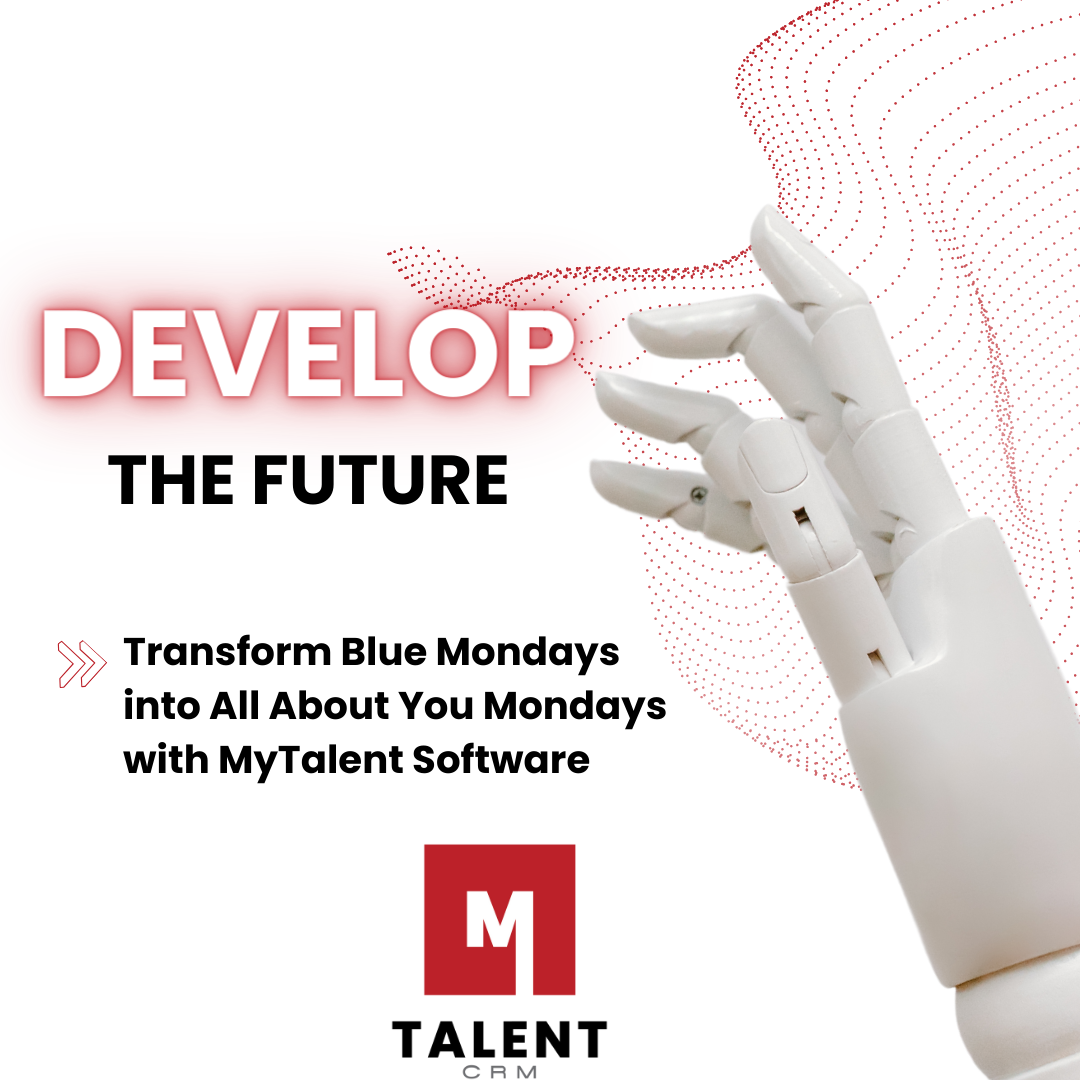Navigating Recruitment Challenges: Insights and Strategies
In the dynamic landscape of recruitment in the UK, employers face a range of challenges that can impact their ability to attract and retain top talent. In today’s post, we explore common recruitment challenges and provide practical strategies to overcome them, ensuring a more effective hiring process and a stronger workforce.
Attracting Top Talent in a Competitive Market
The competition for skilled professionals is fierce across many industries. To stand out, employers need to enhance their employer brand and create compelling job offers. This involves clearly articulating the company’s unique value proposition, highlighting career development opportunities, and showcasing a positive workplace culture. Engaging with potential candidates through targeted recruitment campaigns and leveraging employee testimonials can also boost attractiveness.
Addressing Skills Shortages
Skills shortages are a persistent challenge in the UK job market. To address this, employers can invest in training and development programs to upskill current employees and close skill gaps. Additionally, collaborating with educational institutions and industry bodies to create tailored training initiatives can help build a pipeline of skilled talent. Employers should also consider alternative talent sources, such as non-traditional candidates and those with transferable skills.
Managing Recruitment Costs
Recruitment can be costly, particularly for small and medium-sized enterprises (SMEs). To manage costs, employers should streamline their recruitment processes by leveraging technology such as applicant tracking systems (ATS) and AI-driven tools. Implementing employee referral programs can also reduce recruitment expenses, as current employees can help identify potential candidates. Regularly reviewing and optimizing recruitment strategies ensures that resources are used effectively.
Enhancing Candidate Experience
A positive candidate experience is crucial for attracting and retaining talent. Employers should focus on providing clear communication throughout the recruitment process, from application to onboarding. This includes timely updates, constructive feedback, and a smooth interview process. Personalizing interactions and ensuring that candidates feel valued can improve their perception of the organization and increase the likelihood of accepting job offers.
Reducing Time-to-Hire
Long recruitment cycles can lead to missed opportunities and a negative impact on employer branding. To reduce time-to-hire, employers should streamline their recruitment processes by setting clear timelines, utilizing technology for automation, and improving collaboration among hiring teams. Implementing structured interview techniques and pre-employment assessments can also expedite decision-making and ensure quicker placement of candidates.
Navigating Remote and Hybrid Work Models
The rise of remote and hybrid work has introduced new challenges for recruitment. Employers need to adapt their strategies to attract candidates who are comfortable with flexible work arrangements. This includes updating job descriptions to reflect remote work options, investing in technology to support virtual collaboration, and ensuring that remote workers feel integrated into the company culture. Clear communication about expectations and support for remote employees is also essential.
Managing Diversity and Inclusion Efforts
Building a diverse and inclusive workforce requires ongoing effort and commitment. Employers should implement unbiased recruitment practices, such as blind recruitment and diverse hiring panels, to ensure fair assessments of candidates. Setting measurable diversity goals and regularly evaluating progress helps maintain focus on inclusivity. Additionally, fostering an inclusive workplace culture where all employees feel valued and supported is key to long-term success.
Adapting to Changing Job Market Trends
The job market is constantly evolving, influenced by factors such as economic conditions, technological advancements, and shifting employee expectations. Employers need to stay informed about these trends and adapt their recruitment strategies accordingly. This includes monitoring industry developments, understanding emerging skills requirements, and adjusting recruitment practices to align with current market demands.
Building Strong Talent Pipelines
A robust talent pipeline ensures that organizations have a pool of qualified candidates ready to fill future roles. Employers can build talent pipelines by engaging with potential candidates early through internships, apprenticeships, and networking events. Developing relationships with educational institutions and industry associations can also help identify and nurture future talent.
Ensuring Legal and Compliance Standards
Compliance with employment laws and regulations is essential for avoiding legal issues and maintaining a fair recruitment process. Employers should stay updated on relevant legislation, such as data protection and anti-discrimination laws, and ensure that their recruitment practices align with legal requirements. Providing training for hiring teams on compliance issues can help mitigate risks and promote best practices.
Navigating recruitment challenges requires a strategic approach and a willingness to adapt to changing conditions. By focusing on enhancing employer branding, addressing skills shortages, managing costs, and improving candidate experience, employers can overcome common obstacles and build a strong, resilient workforce.
Stay tuned for our next post as we explore effective strategies for talent retention and how to create a positive work environment that supports employee growth and satisfaction.



